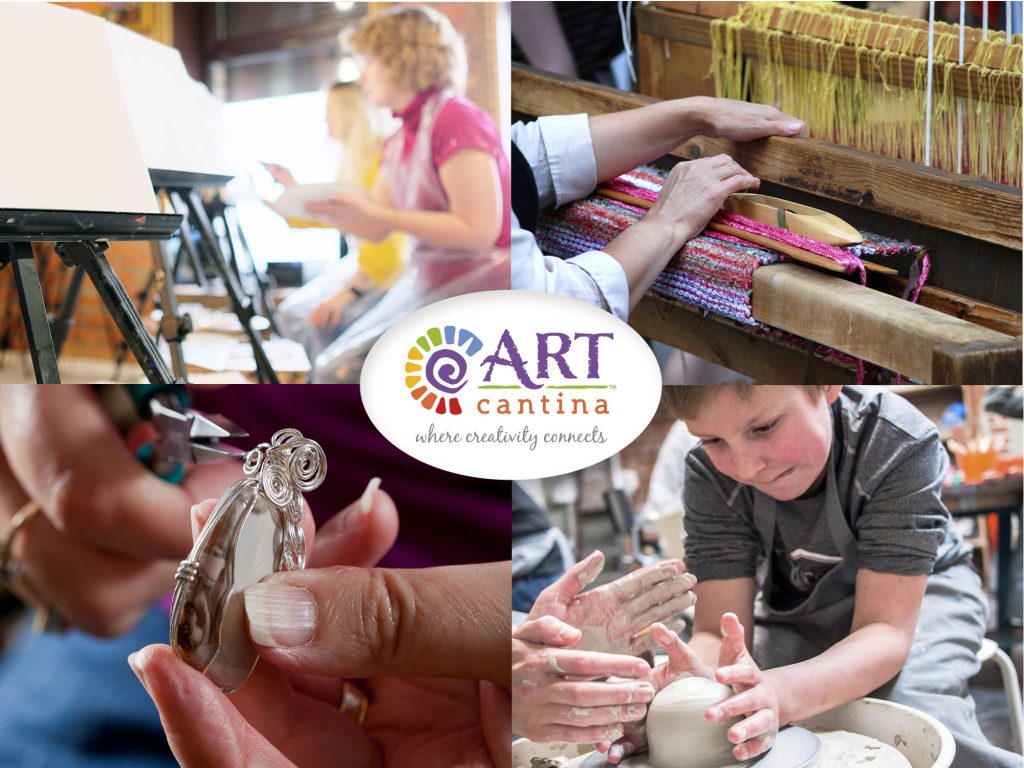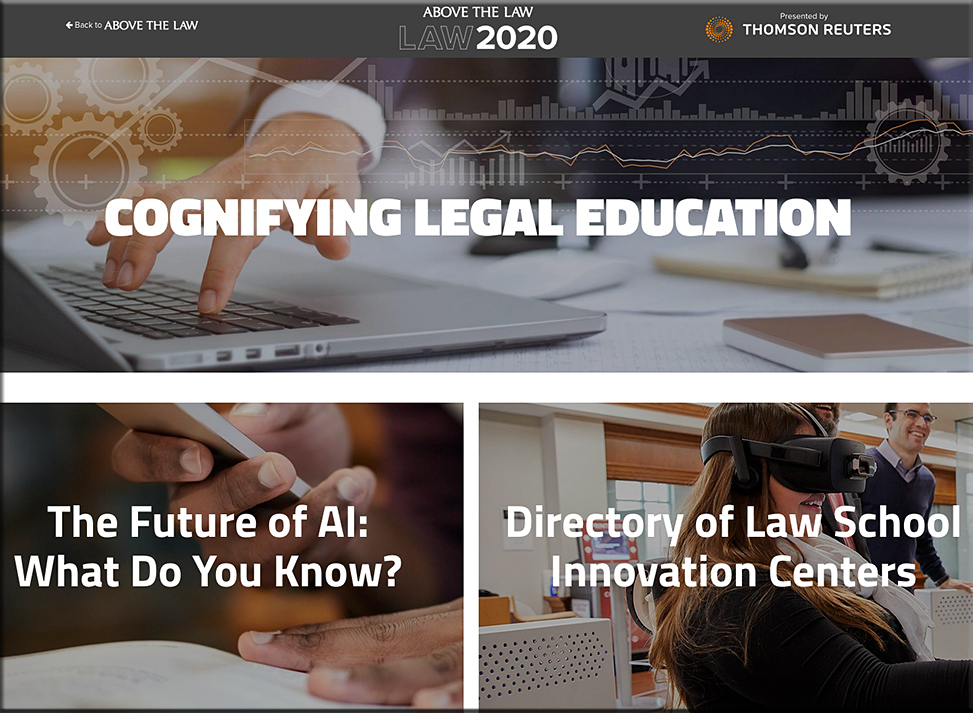New Art Education Site Connects Teachers and Students — with thanks to LaVonne Ewing, Managing Partner at ArtCantina.com for this resource (w/ emphasis from DSC)
Innovative Online Directory Opens for Registration
LOVELAND, CO – May 1, 2018 ArtCantina.com invites all teaching artists, workshop organizers, art schools, art centers and non-profit art groups to register in their free online directory for the visual arts. Art Cantina is a new site that connects students of all ages with art teachers and schools, classes and workshops.
“We believe hands-on creativity is important at any age. Our goal at ArtCantina.com is to make it easier to find art lessons by providing a much-needed, worldwide marketing platform for professionals,” says co-founder LaVonne Ewing.
Art Cantina disciplines include painting, drawing, sculpture, printmaking, collage and mosaics, ceramics and pottery, fiber arts and textiles, glass arts, jewelry and metalsmithing, paper arts, and photography.
Lori McNee, artist, author, and art business advisor, says, “What a great resource for both teachers and students to be able to connect for classes and workshops all in one place. Such a wonderful service. I’m excited to be a part of Art Cantina!”
It takes just a few minutes to create a free or premium profile in the online ArtEdu Directory. Listing categories include individuals and organizations who teach art (art teachers, mentors, art therapists, workshop organizers, art schools, art centers, non-profits), places that host art instruction (art galleries, art studios, community venues and more) as well as makers and distributors of art tools and supplies, how-to magazines and books.
Also available: Learn-The-Arts Calendar of Events is the place to promote upcoming art workshops, tours, on-going classes and all art-education events with specific dates.
ArtCantina.com is the brainchild of two entrepreneurs who met while volunteering at a fundraising art auction in Colorado. They share a passion for the visual arts and a conviction that art lessons should be much easier to find.
ArtCantina.com – Where Creativity Connects










